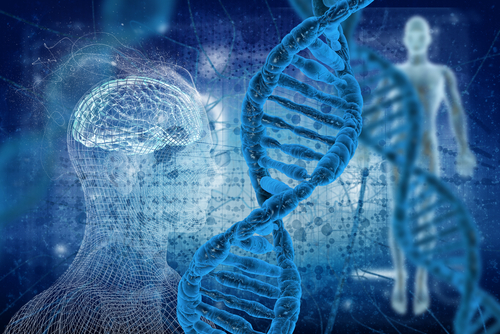BrainStorm Validates Cryopreservation Process of NurOwn for ALS Phase 3 Clinical Trial

BrainStorm Cell Therapeutics has validated the cryopreservation process for its NurOwn stem cells to be used in an upcoming Phase 3 clinical trial in amyotrophic lateral sclerosis (ALS).
In the validation study researchers compared NurOwn (MSC-NTF cells) derived from fresh mesenchymal stem cells (MSC) to those derived from cryopreserved MSC.
Cryopreservation, a process where MSC and other biological constructs susceptible to damage are preserved by cooling to very low temperatures using solid carbon dioxide or liquid nitrogen, will avoid the need for patients to undergo multiple bone marrow aspirations.
In the validation study, the researchers were able to demonstrate that MSC can be stored in the vapor phase of liquid nitrogen for long time periods while preserving their biological characteristics.
The cryopreserved MSC can differentiate into NurOwn, similarly to the NurOwn derived from fresh MSC of the same patient/donor, before undergoing the cryopreservation process.
“Developing a robust and reproducible cryopreservation process has been an important goal for our R&D team as we prepare for the upcoming multi-dose Phase 3 clinical study in ALS,” Chaim Lebovits, BrainStorm’s CEO, said in a press release.
The process of using cryopreserved MSC will enable the company to provide multiple doses of NurOwn from a single bone marrow aspirate in its upcoming multi-dose clinical trial in ALS patients.
“One of the challenges with autologous stem cell transplantations such as NurOwn has been that treating patients with multiple doses would have required them to undergo a number of aspiration procedures. Cryopreservation will streamline the process and help reduce the burden both on patients and on the treatment centers. Importantly, it will also result in lower cost of goods for NurOwn,” Lebovits said.
“This development, along with the other improvements we have made to the NurOwn manufacturing process, is part of our strategy to continuously advance our stem cell platform technologies,” he added.
NurOwn technology uses the patient’s own MSCs, which are isolated from the patient’s bone marrow, and expanded and induced to differentiate into MSC-NTF cells. The cells with neuro-protective properties are then transplanted back into the patient.
NurOwn is a Phase 2 trial in ALS, with results showing that the treatment improved the estimated rate of decline in forced vital capacity (FVC; a measure of lung function), in improvements in the rate of decline in ALS Functional Rating Score-Revised (ALSFRS-R, a rating instrument for monitoring disability progression), as well as muscle function improvements.
In December, the company presented updated data from its Phase 2 clinical trial (NCT02017912) that evaluated the safety and efficacy of NurOwn in 48 patients with ALS. Results from the clinical trial showed that NurOwn stem cells technology may halt disease progression of ALS. Reported safety and tolerability measurements demonstrated that the treatment was well-tolerated without causing adverse side effects.






